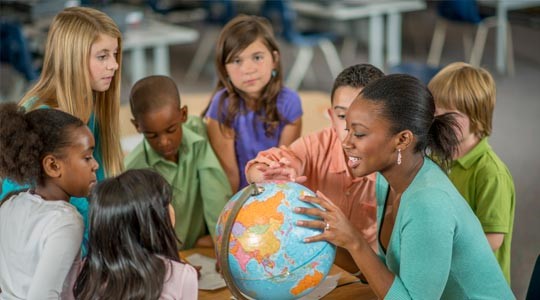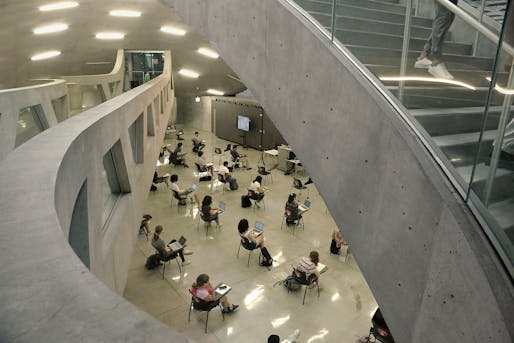Enhancing Learning: Cultural Awareness in Education

In the ever-evolving landscape of education, the imperative of Cultural Awareness in Education has emerged as a cornerstone for fostering inclusive and enriching learning environments. It’s not merely an added dimension to education; it is the lens through which we can enhance the very fabric of learning. Let’s delve into the profound impact of cultural awareness on education.
Table of Contents
ToggleCultural Tapestry in Education
Imagine education as a vibrant tapestry, woven with threads of diverse cultures. Acknowledging and embracing this diversity forms the essence of Cultural Awareness in Education. It’s about recognizing that every cultural thread contributes to the rich mosaic of knowledge and understanding.
Incorporating Cultural Perspectives
The incorporation of diverse cultural perspectives into the curriculum is pivotal. Cultural Awareness in Education ensures that learning materials reflect a global outlook, providing students with a comprehensive understanding of different cultural contexts. This approach broadens intellectual horizons and fosters a sense of interconnectedness.
Language as a Cultural Ambassador
Language, as a cultural ambassador, plays a pivotal role in Cultural Awareness in Education. Beyond linguistic proficiency, educators emphasize the cultural nuances embedded in languages. This approach not only facilitates communication but also unveils the deeper layers of cultural identity.
Celebrating Cultural Festivals and Traditions
Educational institutions become vibrant hubs when they actively celebrate cultural festivals and traditions. Cultural Awareness in Education encourages events and activities that showcase the richness of diverse traditions. These celebrations create a sense of belonging and appreciation among students.
Integrating Cultural Artifacts in Learning Spaces
Learning environments can transcend cultural boundaries by integrating cultural artifacts. Classrooms adorned with artifacts from different cultures become immersive spaces, stimulating curiosity and respect for diversity. The physical environment becomes a silent yet powerful educator in itself.
Promoting Cultural Literacy
Beyond factual knowledge, Cultural Awareness in Education promotes cultural literacy. It encourages students to delve into the historical, social, and artistic aspects of different cultures. This comprehensive understanding nurtures empathy and fosters a sense of shared humanity.
Interactive Cross-Cultural Exchanges
Imagine students engaged in interactive sessions with peers from different parts of the world. Cultural Awareness in Education advocates for cross-cultural exchanges, fostering mutual understanding. Digital platforms enable students to connect, collaborate, and appreciate the global tapestry of cultures.
Cultivating Open-Mindedness
An essential facet of Cultural Awareness in Education is cultivating open-mindedness. It’s about encouraging students to approach unfamiliar cultural concepts with curiosity rather than preconceived notions. This approach nurtures a mindset of continuous learning and adaptability.
Addressing Stereotypes and Biases
Cultural Awareness in Education involves addressing stereotypes and biases head-on. Educators play a crucial role in dismantling misconceptions, fostering critical thinking, and encouraging students to question cultural stereotypes. This proactive approach cultivates a more nuanced understanding of diverse cultures.
Preparation for Global Citizenship
Ultimately, the emphasis on Cultural Awareness in Education is a preparation for global citizenship. It equips students with the tools to navigate an interconnected world with respect, empathy, and a deep appreciation for the diversity that enriches our shared human experience.
Conclusion: The Transformative Power of Cultural Awareness
In conclusion, Cultural Awareness in Education is not an embellishment; it’s a transformative force shaping the future of learning. It transcends the confines of traditional education, paving the way for a generation of individuals who navigate the world with a profound understanding of and respect for cultural diversity. As we integrate cultural awareness into the educational tapestry, we sculpt a future where every learner is not just academically enriched but culturally enlightened.



